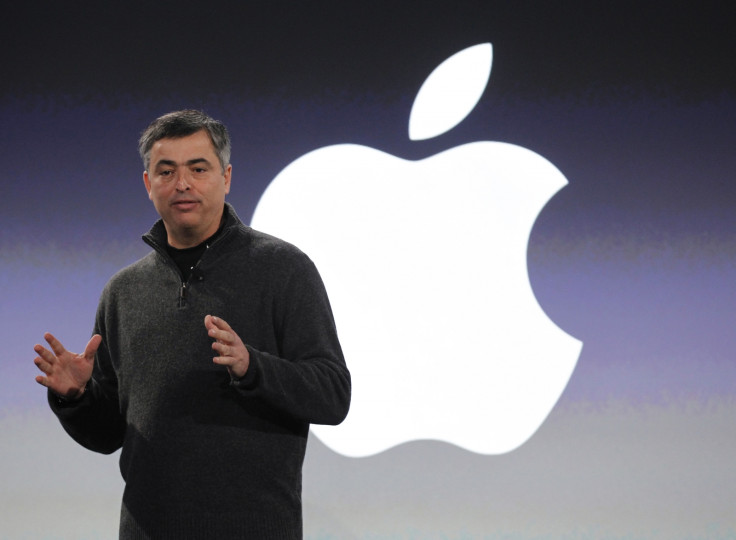iPod and iTunes DRM was necessary evil, Apple claims in court

Apple had to develop its controversial digital rights protection system to keep record labels happy, company executive Eddy Cue has revealed during a trial into alleged antitrust infringements.
Speaking before an Oakland, California courtroom, Cue, who has worked at Apple for 25 years, explained to the judge and jury why Apple created the DRM system, which is being blamed for restricted customers' ability to play music bought on iTunes on devices other than iPods.
The trial is the result of a decade-long case brought by lawyers representing some eight million iPod owners who believe Apple acted unfairly. If it is found guilty, the company will be asked to pay $350 million, which will automatically tripled to more than $1 billion under federal antitrust laws.
Cue said Apple had originally wanted to license the DRM platform to other companies, but technical issues prevented this. "We thought about licensing the DRM from the beginning, it was one of the things we thought was the right move... but we couldn't find a way to do that and have it work reliably," Cue said, reported by The Verge.
The Apple executive, who is now the company's senior vice president of internet software and services, said a growing market of online music stores and MP3 players in the mid- to late-2000s made a unified DRM system difficult to create. Cue said that when Apple floated the idea of the iTunes Store to record labels, they dismissed the idea because they each had their own stores and DRM systems. These systems would differ between different devices and even different songs.
Plaintiffs in this case argue that Apple's DRM system locked them in and made it impossible to either play music from other stores on iPods, or play iTunes Store tracks on different MP3 players.
Rival companies like RealNetworks, maker of the RealPlayer software, were working to create ways to use iPods without iTunes, but Apple blocked these with numerous software updates, an act the plaintiffs say was akin to securing a monopolistic stranglehold on the market. The case hinges on whether these software updates were to add new features, as Apple claims, or merely to block rivals from making use of the lucrative iPod and iTunes partnership.
Apple was paranoid about security, and it claims that allowing other services to use either the iPod or iTunes could make them unsafe and a target for hackers, which would in turn cause the record labels to jump ship.
Cue said: "If a hack happened, we had to remedy the hack without a certain time period. We had a time to fix the problem, or [the record labels] could take all their music off the store...we'd have to drop whatever we were doing and go work on those [hacks]."
Having already seen written evidence in the form of emails from the late Apple CEO Steve Jobs, the jury is expected to see a videotaped deposition from Jobs, recorded months before his death in October 2011.
The trial is expected to last for up to another two weeks
© Copyright IBTimes 2025. All rights reserved.






















